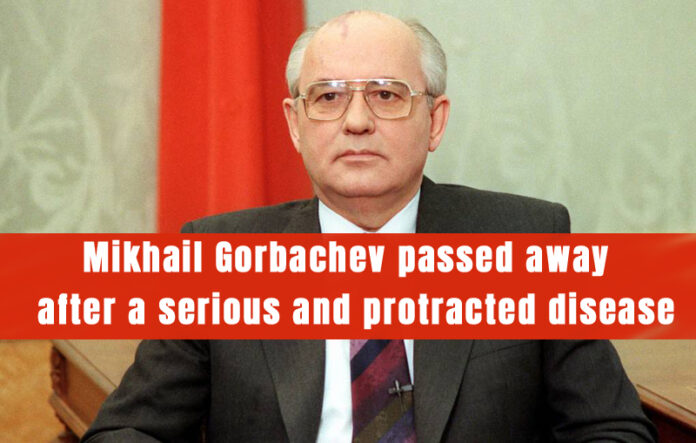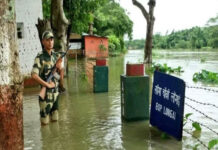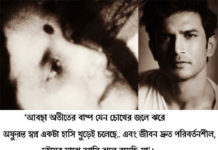Mikhail Gorbachev, the former President of the erstwhile Soviet Union, has died at the age of 91.
A Nobel Peace Prize winner, Gorbachev died on Tuesday evening after a severe and prolonged illness.
He was born on March 2, 1931 in the village of Privolnoye, Krasnogvardeisky District, Stavropol Territory, into a Russian-Ukrainian family of immigrants from the Voronezh province and Chernihiv region.
Gorbachev, the last Soviet president, forged arms reduction deals with the United States and partnerships with Western powers to remove the Iron Curtain that had divided Europe since World War Two and bring about the reunification of Germany.
In 1978, Gorbachev was elected Secretary of the Central Committee of the CPSU and moved to Moscow along with his family.
He quickly showed himself as an enterprising, energetic and principled politician and within next two years became a member of the highest governing body of the party – the Politburo of the CPSU Central Committee.
In March 1985, Gorbachev was elected General Secretary of the Central Committee of the CPSU.
With the advent of Gorbachev to power in the USSR, a process of democratization began, which was called ‘perestroika’ (1985-1991).
At the extraordinary third Congress of People’s Deputies of the USSR in March 1990, Mikhail Gorbachev was elected President of the USSR – the first and last in the history of the Soviet Union.
In recognition of being an outstanding reformer, a world-class politician who made a unique contribution to changing the very nature of international development for the better, he was awarded the Nobel Peace Prize (October 15, 1990).
“During 1985-1991, there was a radical change in relations between the West and the USSR – a transition from military and ideological confrontation to dialogue and the formation of partnership relations. Gorbachev’s activities played a decisive role in ending the Cold War, the nuclear arms race, and the unification of Germany,” mentions the Gorbachev Foundation which the former President founded after his retirement in 1992.
After the death of his wife Raisa Maksimovna Gorbacheva (September 20, 1999), Gorbachev devoted most of his time to his family – daughter Irina, granddaughters Ksenia and Anastasia, great-granddaughter Alexander.
“… I sought to combine politics with science, morality, morality, responsibility to people. For me it was a matter of principle. It was necessary to put a limit to the rampant desires of the rulers, their tyranny. I did not succeed in everything, but I do not think that this approach was erroneous. Without this, it is difficult to expect that politics will be able to fulfill its unique role, especially today, when we have entered a new century, when we are facing dramatic challenges,” the foundation quotes the former leader while characterizing his political career.
It also confirmed that the former USSR president would be buried at the Novodevichy Cemetery in Moscow next to his wife Raisa. The date of the funeral has not yet been decided.


















































